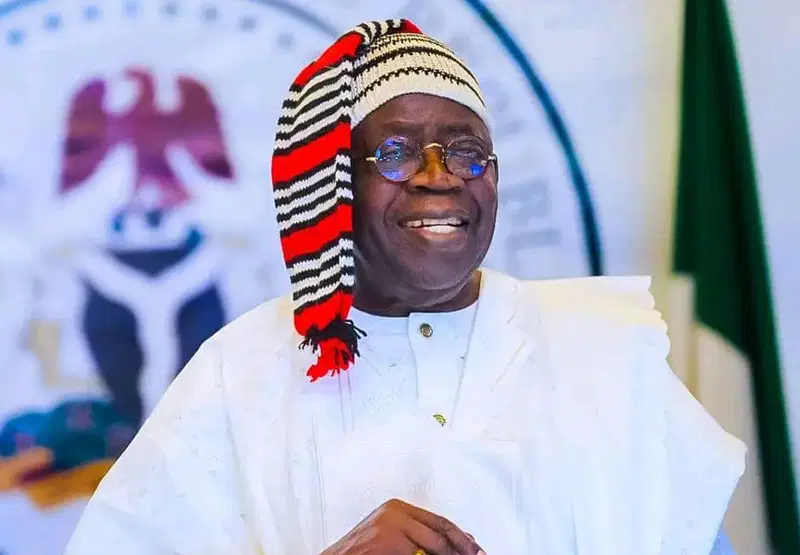- Supreme Court dismisses suit by 19 state governors challenging EFCC’s constitutionality.
- EFCC Chairman Ola Olukoyede confirms investigation of serving governors, but prosecution requires post-tenure.
- EFCC strengthened to fight economic and financial crimes following Supreme Court judgment.
- Investigations to focus on governors’ finances and activities, with prosecution pending after immunity expires.
The Economic and Financial Crimes Commission (EFCC) has received a significant boost in its fight against corruption, thanks to a recent Supreme Court verdict. On November 15, 2024, the apex court dismissed a suit filed by 19 state governors challenging the constitutionality of the EFCC’s establishment and functioning.
EFCC Chairman Ola Olukoyede welcomed the judgment, stating that it places the commission on a stronger pedestal to tackle economic and financial crimes. He directed his team to investigate serving governors, although prosecution can only commence after they leave office and no longer enjoy immunity.
The EFCC will now focus on investigating governors’ finances and activities, laying the groundwork for potential prosecutions once their immunity expires. This move is expected to deter those who might attempt to use their positions to evade justice.
In a statement, Olukoyede emphasized the commission’s renewed commitment to fighting corruption without inhibition. The Supreme Court’s decision has sent a strong message to those who would seek to shield themselves from justice using their positions.




















